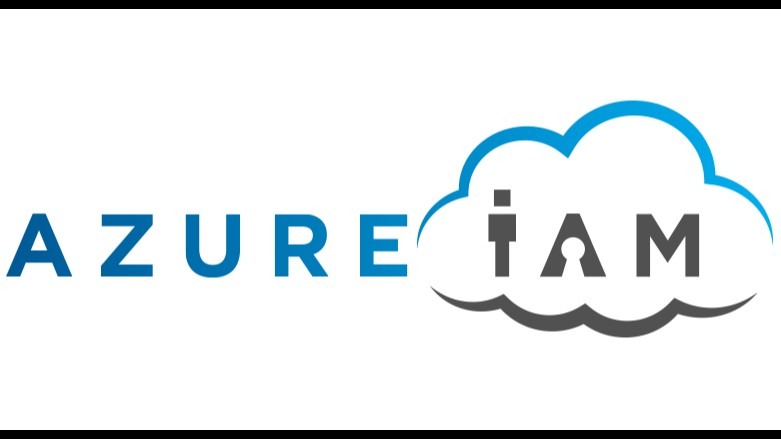Azure IAM can be your partner in protecting your vital data from threats. They design custom implementations that can completely remove passwords from your security environment.

In 2023, a major security breach resulted in the exposure of thousands of hospital records in the Washington DC area including those of multiple staff members. Not only did this incident bring national attention to the issue of cybersecurity reform, but it also heralded a new wave of cybercrime targeting hospitals and healthcare organizations.
To learn how to keep the same from happening to your organization, visit https://azureiam.com/
If this sounds like an exaggeration, be assured that it is not. If anything, I'm underselling the severity of this new crime wave. As a matter of fact, even since the beginning of 2024, there have been over 100 major medical data breaches reported. With over 650 more breaches reported in both 2022 and 2023, this year is on track to be the worst on record for the medical industry in terms of cybersecurity.
In the face of all this uncertainty, however, one company is stepping up to offer a solution. Azure IAM has become one of the leading names in high-profile cybersecurity over the past decade, and they are now offering their services to healthcare organizations to prevent the further growth of this threat.
To help your team avoid becoming the victims of another costly data breach, Azure IAM is offering their assistance in the total removal of passwords as a security measure. To do this, they are capable of implementing Azure Active Directory as a primary monitoring system, and as a foundation for an ecosystem of third-party add-ons.
By combining Azure with tools like OAuth, OKTA, and Sailpoint, the firm seeks to build out a fully scalable network environment that provides a zero-friction environment for your users without sacrificing overall security.
This accessibility is facilitated by the multi-platform security systems that are possible with Azure Active Directory, which can be used to track a single user across multiple accounts without additional security checks.
Additionally, the security architects at Azure IAM can design healthcare data structures that are fully unsiloed and allow for unprecedented communication. Not only does their method make it easier for your administrators to monitor the network, it also makes information more available and accessible to those on-network who need it most.
A spokesperson stated, “We have developed solutions that help organizations from medium to very large enterprise and government customers, to control the many identities of a user disseminated through multiple lines of business. We can handle and advise you on your identity management. From defining the policies for your organization to deploying on-premises identities to the cloud.”
To discuss a custom implementation, contact Azure IAM’s expert team at https://azureiam.com/
